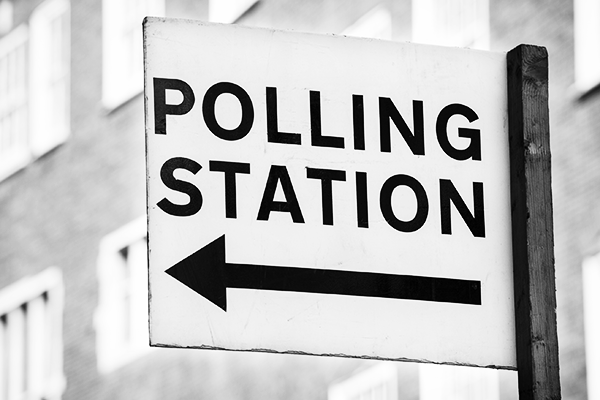Local election results: Conservatives stay strong, UKIP make gains
On the Friday following the General Election, at the same time as party leaders were busy resigning en masse, amidst the fallout from the results, town hall staff were catching their breath before counting restarted for the local elections held across England on the same day.
As those counts were completed over the weekend it became clear that the Conservatives’ national success had, in many places, been replicated in the local elections – largely at the expense of Labour and the Liberal Democrats.
The Tories gained over 500 council seats and increased the number of councils they control, with a majority administration, by 32 – mostly from a position of no overall control. Of the 9,394 seats up for election, the Conservatives won (or held) 5,521.
The 4 million people who voted UKIP in the General Election were rewarded by just one MP being returned to Westminster. But they made more impressive gains at the local level, gaining 176 seats.
The big news of the election was that UKIP won majority control of their first council. In Thanet, where Farage was unsuccessful in his bid to become an MP, UKIP council candidates undoubtedly benefited from the Party’s national campaign focus in the area. As with the Green Party in Brighton four years ago, UKIP now have the chance to demonstrate that, as a party, they can govern effectively – and with a majority administration, compared to the Green’s minority administration, they may find life a little easier. However, if UKIP’s quick descent nationally into internal squabbling is anything to go by, this does not bode well for relationships within their council group.
In other news, Labour didn’t perform as badly as could be expected, losing 203 seats and control of three councils. The Liberal Democrats, on the other hand, suffered the greatest defeats; losing half of the councils they controlled, where there were elections, and 411 councillors.
The Green Party made small gains – picking up ten seats across the country. But, they were punished in Brighton and Hove where they lost control of their only council, in spite of Caroline Lucas holding the parliamentary seat of Brighton Pavilion – where she increased her majority by nearly 7,000 votes.
Politics is a brutal game. Local candidates across the country found themselves caught up in the national campaign and punished for factors which were out of their control. This was particularly true for the Liberal Democrats who paid the price for their Party’s time in power; but also Labour candidates in Westminster marginals who were unsuccessful due – in-part at least – to the electorate’s ‘rejection’ of the Party’s national campaign.
We have mapped the results below. Use the ‘Visible layers’ buttons in the top right hand corner to view changes in political control across England.
The new model for devolution
So what does the national result mean locally?
Devolution and decentralisation are the name of the game now and these are likely to be a primary focus of the Conservative Government.
The Prime Minister post-election reshuffle appointment of Greg Clark as Secretary of State for Communities and Local Government – replacing Eric Pickles – was a statement of intent for the future. Clark is the former Cities Minister and he is regarded as the architect of the Northern Powerhouse, which paved the way for devolution to Manchester, as well as other cities.
George Osborne has been leading the charge on devolution with the announcement of the inclusion of a Cities Devolution Bill in the upcoming Queen’s Speech. Cities across the UK will be encouraged to take advantage of, amongst a suite of devolved responsibilities, transport powers. This commitment to devolution will be backbone of the Government’s attempt to rebalance the economy and move power away from London.
People moves: DCLG
Elsewhere at DCLG, James Wharton was appointed Parliamentary Under Secretary of State with responsibility for the Northern Powerhouse. Importantly, the Chancellor’s belief is that the Northern Powerhouse concept was a central factor in winning the Party votes in the North (particularly the North West). This is seen as key to the Party’s long term prospects of being able to command majorities in the North of England again – something which concerns Labour MPs.
In planning, Brandon Lewis has retained his brief as the Planning and Housing Minister which will give the development industry some much needed continuity. With the Conservative Party’s ambitious manifesto commitments on house building, he will have his work cut out. Other policies which are likely to be pursued include prioritising brownfield development, Green Belt protection and giving local people more control over planning.

